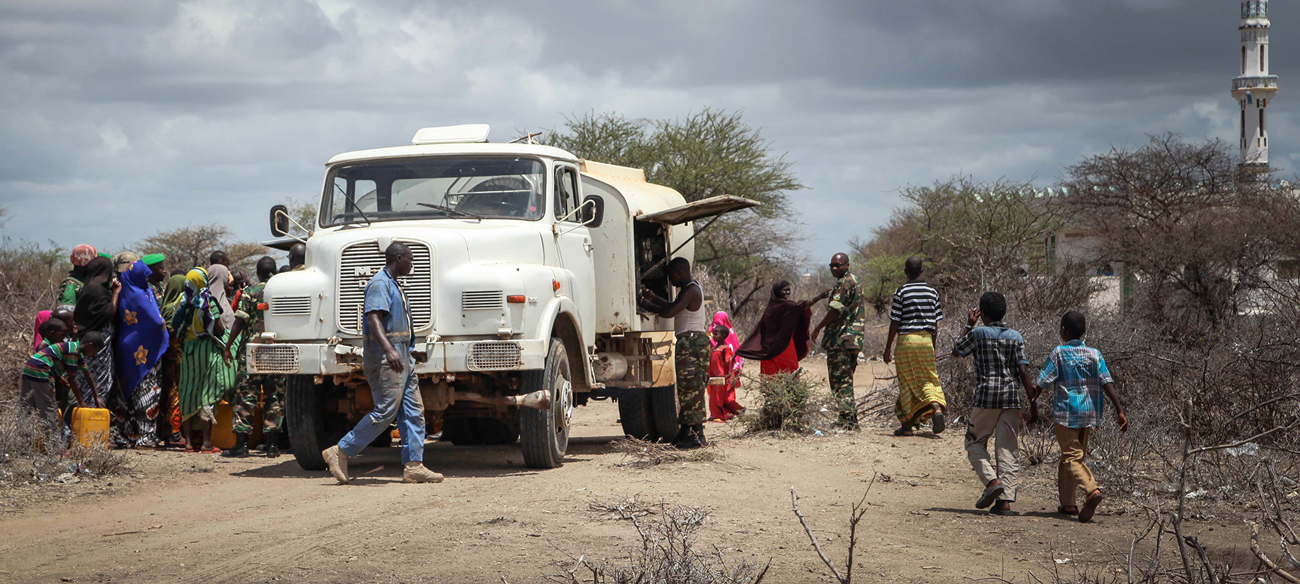Horn of Africa
Inclusive Peace has been engaged in a number of contexts across the East and Horn of Africa over a number of years, and currently engages in Ethiopia, Sudan, and South Sudan.
In addition to partnering with actors involved in various peacemaking, national reconciliation, and dialogue processes, e have also facilitated several peer exchanges amongst different kinds of stakeholders from countries across the region.
In relation to our longer-term and sustained engagements, Inclusive Peace’s accompaniment in Ethiopia has unfolded over the past four years and continues to have a strong focus on the National Dialogue process. While the National Dialogue has seen further steps towards its meaningful implementation, the continuous violence across the country contributes to insecurity and many questions about the dialogue process itself remain.
In this context, Inclusive Peace has focused on accompanying key civil society actors, with a particular emphasis on women and faith-based actors, to take a (pro)active approach towards the National Dialogue by providing technical and strategic support and accompaniment. We have also directed our efforts towards shaping the international community’s engagement with the context to enable meaningful political and financial support for such actors.
Inclusive Peace also invested its efforts into creating learning outputs such as online peer exchanges in the Ethiopian context. Based on comparative experience and evidence, we have also produced a variety of non-papers focusing on, among other things, inclusion modalities in National Dialogues, inclusive agenda-setting, and decision-making procedures to offer tailored options and recommendations to Ethiopian and international stakeholders.
While Inclusive Peace’s engagement with various civil and political actors in relation to Sudan was consolidated in late 2022, the level and scope of our engagement and accompaniment increased significantly with the advent of wide-scale violence in the country from April 2023. The ongoing conflict has contributed to social fragmentation and seriously deteriorated the humanitarian, security, and economic situation in the country.
In this context, Inclusive Peace has engaged with actors from across Sudanese civil society, politics, academia, and the private sector to offer accompaniment and support to identify priorities, develop common positions, and shape collective and individual strategies.
In South Sudan, we were able to draw on our extensive knowledge base of comparative research on peace processes and National Dialogues to support the strategic positioning of key international and national actors vis-à-vis the South Sudanese National Dialogue in 2018 and 2019. Following the announcement of a 24-month extension to the country’s transition process at the beginning of 2023, Inclusive Peace has worked with women’s coalition and local women civil society actors in South Sudan in order to identify challenges and potential strategies to enhance women’s inclusion in the implementation of the 2018 peace agreement.
Policy Paper,
Entry Points for Women‘s Engagement in Peacemaking Efforts in South Sudan
The objective of this policy paper is two-fold. Firstly, it seeks to take stock of both the current challenges to an inclusive R-ARCSS implementation process and South Sudanese women’s peacemaking activities. Secondly, it aims to identify entry points for South Sudanese women peacemakers, national stakeholders in South Sudan, and the international community to achieve a more inclusive, sustainable peace process in South Sudan.
July 2023Philip Poppelreuter,
Policy Paper,
Entry Points Towards Ending Violence, Inclusive Peacemaking, and Democratic Transition in Sudan
The escalation of armed hostilities between the Sudanese Armed Forces (SAF) and the Rapid Support Forces (RSF) on 15 April 2023 have pushed Sudan to the brink of collapse. This policy paper considers potential scenarios for the country's political development in the short- and medium-term and identifies seven entry points for furthering inclusive peacemaking in Sudan.
July 2023Philip Poppelreuter, Thania Paffenholz, Alexander Bramble,


